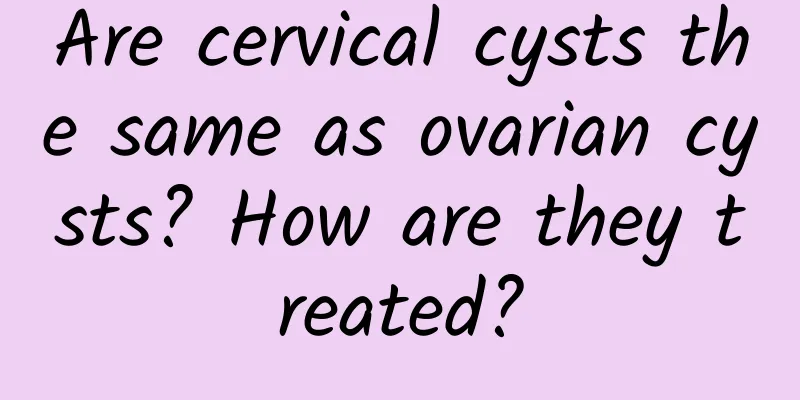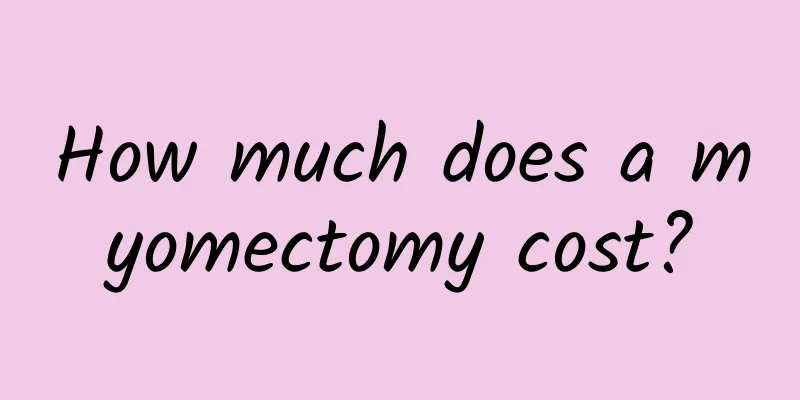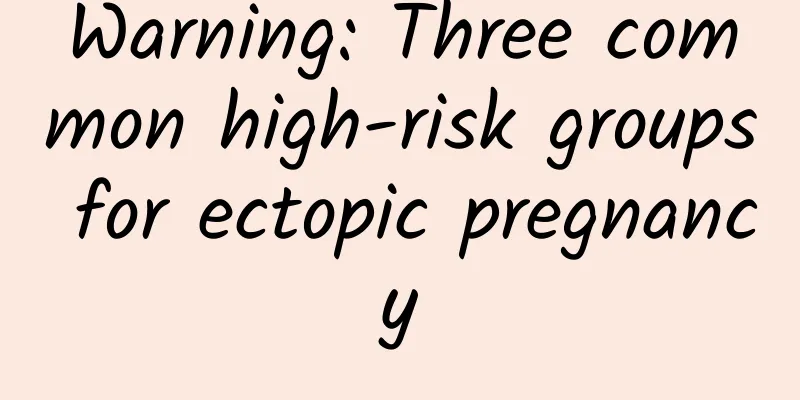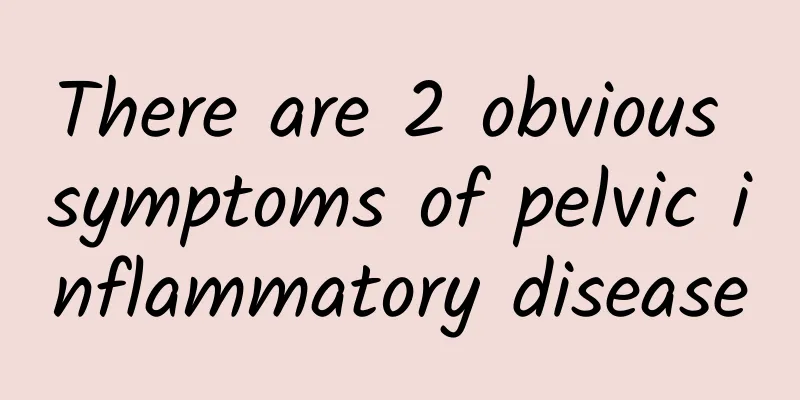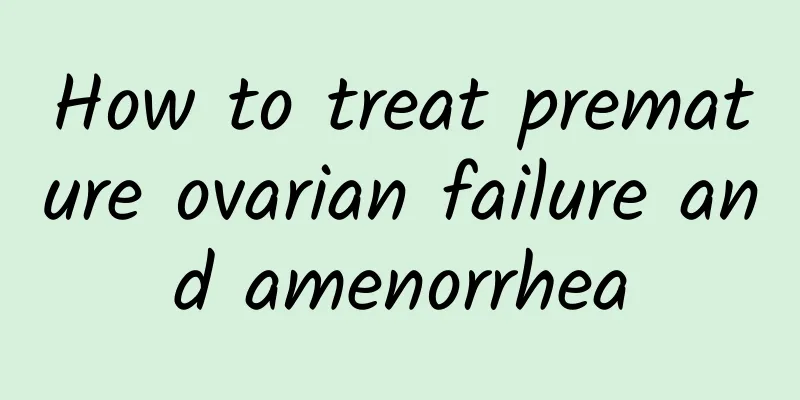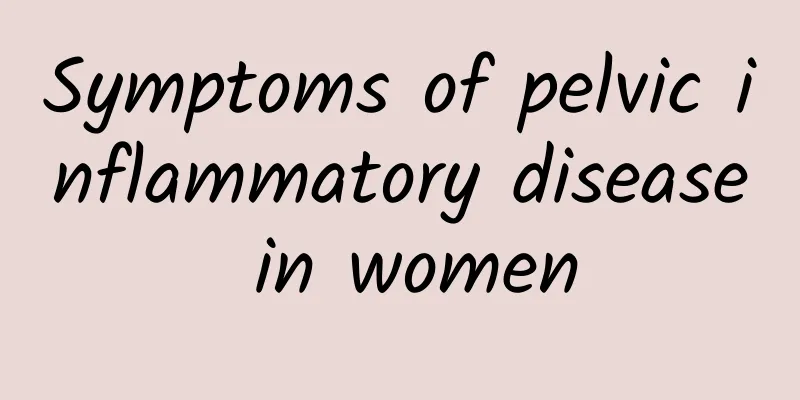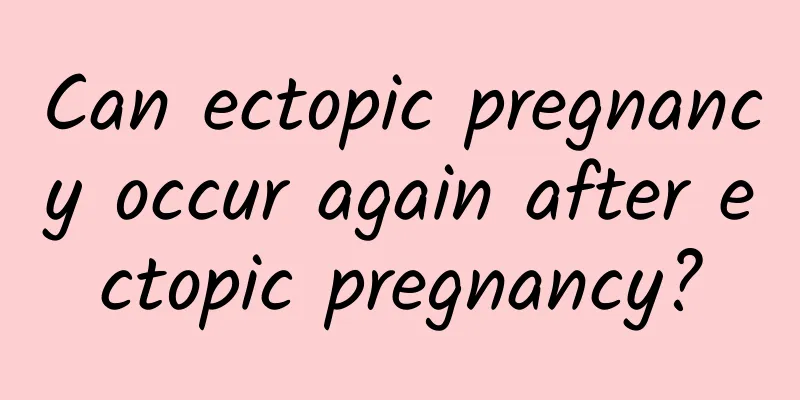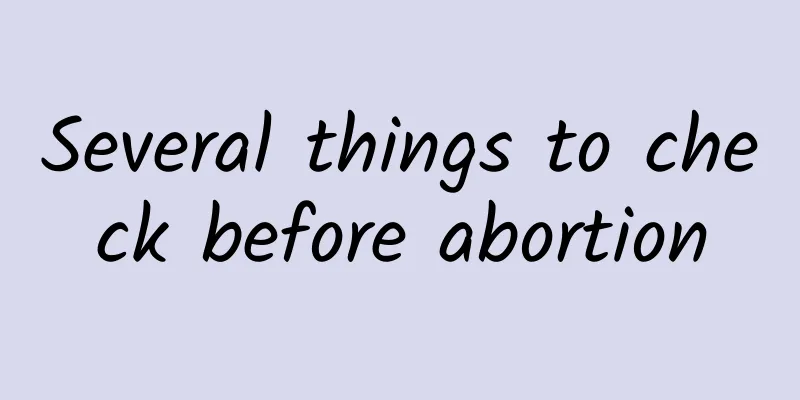What medicine should I take to treat cervical cysts and ovarian cysts?
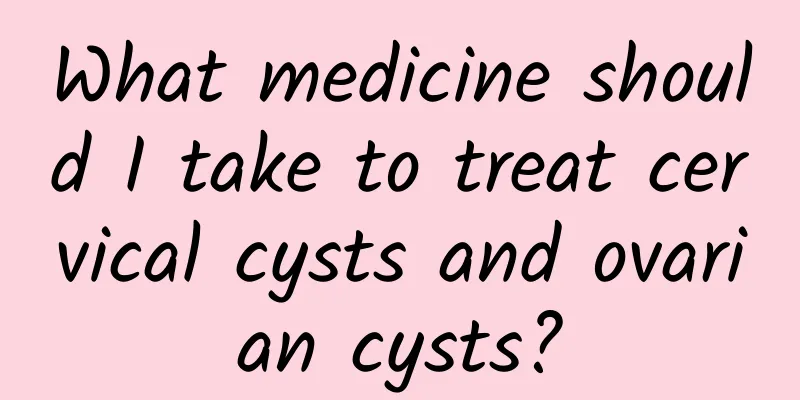
|
The treatment of cervical cysts and ovarian cysts depends on the nature and size of the cysts and the specific conditions of the patient. However, it is difficult to completely solve the cyst problem by relying solely on drugs. Usually, comprehensive treatment under the guidance of a doctor is required. For small benign cysts, medication can be tried, and in severe cases, surgical intervention may be required. 1. Drug treatment of cervical cysts Cervical cysts are usually caused by chronic cervicitis. If they are small and have no abnormal symptoms, no special treatment is generally required. If accompanied by infection or inflammation, the doctor may recommend a short course of oral or topical antibiotics and antibacterial and anti-inflammatory drugs, such as: Antibiotics: Amoxicillin, cephalosporins. Topical medication: antibacterial suppositories such as metronidazole suppositories and tinidazole suppositories. Anti-inflammatory immune drugs: such as pidotimod to enhance immunity and promote recovery. If the cyst is large or recurs, physical therapy such as laser, freezing, or electrocautery may be needed to remove the cyst fluid. 2 Drug treatment of ovarian cysts Most ovarian cysts are functional cysts. If the patient's symptoms are mild, the following drugs can be tried: Hormonal drugs: Oral contraceptives such as ethinyl estradiol cyproterone acetate tablets are used to suppress ovarian ovulation and reduce the formation of new cysts. Chinese patent medicine: Guizhi Fuling Pills, Danshen Capsules, etc., improve local blood circulation and relieve inflammation. Anti-inflammatory drugs: If the physical examination confirms that there is an inflammatory infection, antibacterial drugs such as levofloxacin can be used. If the cyst causes significant discomfort or grows rapidly, surgery, such as laparoscopic cystectomy, may be necessary. 3. Diet adjustment When combined with medication, diet can be used to promote recovery: High-fiber diet: such as oats, brown rice, and green leafy vegetables, help eliminate hormone waste from the body. Foods rich in vitamin E: nuts, olive oil, help reduce the possibility of cyst formation. Control fat intake: Avoid high-fat, high-sugar diets to reduce the factors that cause excessive estrogen in the body. Any medication or treatment plan must be taken under the guidance of a doctor. If the cyst grows in size, becomes painful, or is accompanied by other uncomfortable symptoms in the short term, please see a doctor as soon as possible, develop a personalized treatment plan through a detailed examination, and have regular checkups to monitor changes in the cyst. |
<<: Is hydatidiform mole dangerous?
>>: Right ovarian cyst, what is the cause of pregnancy
Recommend
What is the cause of pelvic effusion?
The pelvic cavity is also a physiological organ o...
Summer weight loss campaign! 6 Easy-to-Eat Fruit Salads
If you want to lose weight successfully, diet is ...
What should I eat after medical abortion? How should I take care of myself after medical abortion?
After a medical abortion, the body needs to slowl...
Is bacterial vaginosis contagious?
Is bacterial vaginosis contagious? The answer is ...
Why do you need to do B-ultrasound examination before abortion?
B-ultrasound examination before abortion surgery ...
Lily medicinal cuisine is popular
Lily is a perennial bulbous flower, and its culti...
Don't be superstitious! Eating red meat may increase your risk of disease
After beef and pork, which are loved by Chinese p...
Professional knowledge about diet for abortion
For every female friend, miscarriage is not a tri...
What are the treatments for severe cervical erosion?
What are the treatments for severe cervical erosi...
A bowl of miso soup a day can prevent fat accumulation
Milkshakes, smoothies, yogurt, oatmeal… These bre...
Precautions before and after physical treatment of cervical erosion
Cervical erosion is not a disease, but a symptom ...
How long will the pregnancy reaction last after abortion? 3 reasons why the pregnancy has not disappeared
How long it takes for pregnancy symptoms to disap...
What are the causes of moderate cervicitis?
Treatment for moderate cervicitis includes medica...
What is the cause of immune habitual miscarriage? Most people don't know the cause
There are many different reasons for the occurren...
Is it okay for women to take contraceptive pills after having sex? Women should also pay attention to these matters after having abortion
Taking contraceptive pills after having sex is ve...
